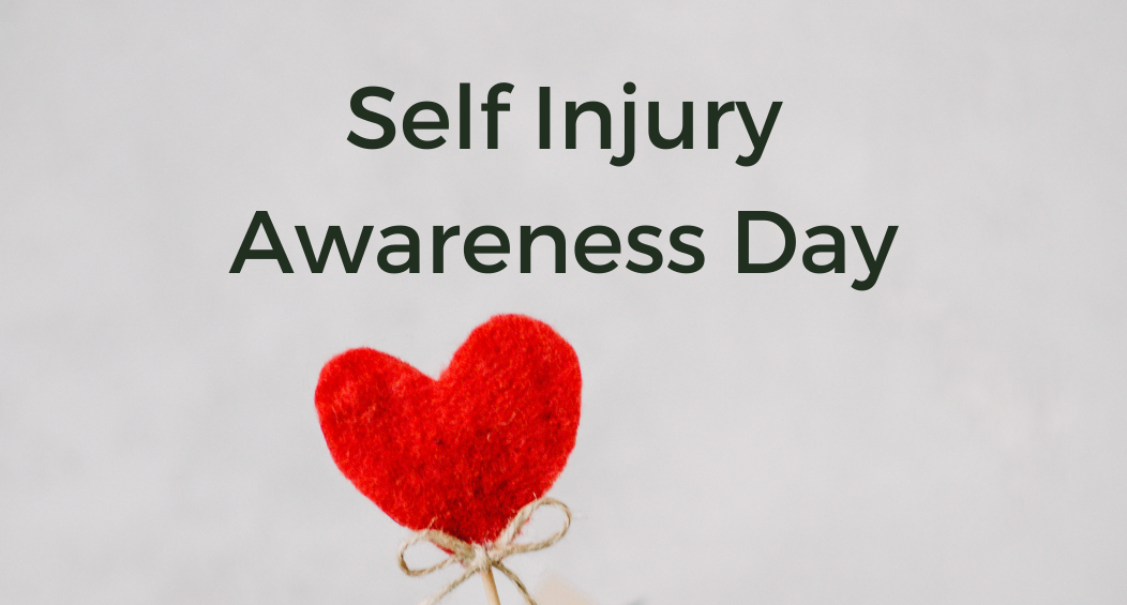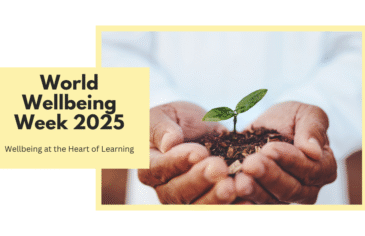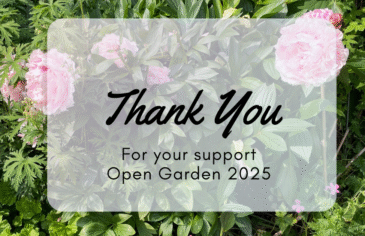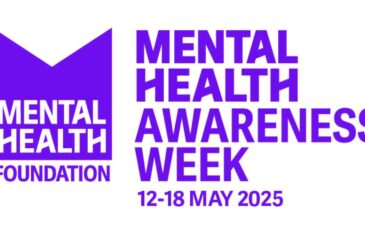Self Injury Awareness Day 2022
Today is Self-injury Awareness Day and we’re taking the opportunity to dispel some of the misconceptions about self-injury and talk about how to support someone who is struggling.
About Self Injury
Self-injury comes in many different forms. While we might automatically think of cutting or burning, the range of self-injuring actions is a long list, and some are very subtle. Punching walls, wrongly using a medication, bruising, biting or scratching oneself, and plucking out hairs are some less obvious forms of self-injury (though by no means an exhaustive list). No matter what form a person’s self-injury takes, those that self-harm often do so to get a release’, to ‘punish themselves’, ‘to feel calmer’ or ‘because they feel out of control’ (Harmless). Often people don’t even understand why they do it but know that it makes them feel ‘better’ for a short time.
Although from the outside it might appear otherwise, self-injury is not a suicide attempt, nor is it a mental illness in it of itself. Self-harm is a symptom of, and coping mechanism to deal with, high emotional distress (Harmless). To really address self-injury means addressing a deeper and less visible problem, and often this will need to be with the help of a mental health professional. These professionals can help young people (and adults) find healthier ways to cope with their distress and may be able to help them process past events that have led to self-harm.
At Red Balloon, we help our young people find healthy ways to cope with anxiety, anger, distress and other intensely negative emotions. These are feelings young people can often struggle with, and we think it’s important to recognise and talk openly about how to cope when things feel like they’re falling apart.
It’s important to approach anyone struggling with self-injury with compassion and care. It can feel like a very difficult situation to handle, but accidentally adding stress or conflict around the matter will only make things more difficult for the person struggling. Even if we might be scared for their safety, it’s important that we process our own emotions away from the person we’re trying to support. It can be very easy to let our fear turn into anger when someone we care about is doing something we perceive as harmful or dangerous. Much like you wouldn’t yell at someone who has just broken their leg, getting angry at someone who is struggling with self-injury won’t solve the problem, and is more likely to make it harder for them to talk about.
Although you may have noticed the behaviour, remember that they may not want to talk to you about what they’re struggling with, and that’s okay. Make sure to let them know that even if they don’t want to disclose the details of their mental health struggles, you’ll still be there to support them. You might offer to help them find a therapist to speak to and reassure them that seeking mental health support is something many of us do, and will do, in our lifetimes. It can be difficult to accept that you might not be the best person to get through to them, especially if you feel particularly close to this person, but ultimately you want your loved one to get the support they need.
Wellbeing at Red Balloon
At Red Balloon, we practice this student-focused wellbeing a lot. We know that when someone is in distress they don’t have the bandwidth to engage in learning, with friends or family or in any of their usual hobbies and interests. That’s why we make wellbeing an integral part of our provision; supporting students’ mental health to enable them to get back on track to engage with their passions again. Although we want to welcome students into the Centres as soon as possible we also recognise that some students may not be ready for this right away, so we offer them the support that fits their specific needs and comfort level.
When dealing with self-injury, or any wellbeing difficulties, it’s important to practise patience with yourself and the person you’re supporting. Recovering from any kind of mental distress or mental health difficulty can be a long and trying process, but a worthwhile one. Our students make remarkable progress by taking one tiny step at a time, and we’re to celebrate these achievements with them.
If you’d like to take the first step, check out these resources from Harmless, the Centre of Excellence for Self Harm and Suicide Prevention.
Find out more
Resources from Harmless
Resources from Childline




